Simple sugars – or simple carbohydrates – are probably the most misunderstood nutrient today. The amount of confusing information about sugar is remarkable! And, what confused me the most – as someone trained in biology and biochemistry – is the claim that “sugar is toxic”! After all, sugars are fundamental molecules in life’s energy flow.
Sweet, simple sugars get the worst reputation of all carbs. This is quite confusing and counterintuitive, given that we have evolved to love sweetness and to crave sweet-tasting foods in nature. Like fruits! Evolution has shaped traits like “detecting and liking sweetness” to our advantage for survival and reproduction. In this particular case, sweetness indicates energy-rich foods to fruit-eating animals. On the other hand, bitterness and off-putting taste signals harmful substances.
So, how can we accept the claim that “sugar is toxic” in light of these basic biological principles? It is time to elaborate on the role of sugars in biology and living organisms so we can abandon the damaging “toxic sugar” myth or the “war on sugar” with good reason!
The sugar-is-toxic myth is a narrative. It’s not science!
The dramatic “toxic sugar” image has been widely promoted in all spheres of health-related disciplines and diets. However, this picture does not stand on scientific grounds – but rather on an incomplete and skewed ideological view. Sugar is not a toxin, which is why it is not labeled as a toxin! Below we will discuss what role sugar actually plays in life.
Luckily, there are a growing number of critical voices and researchers – the people who really understand the role of sugar in the human body and as a foundation of life – speaking up against the harmful “war on sugar.”
“What we have shown is that as far as sugar consumption is concerned, science – particularly within the sugar as toxic narrative – tends to be emotively communicated and ideologically driven in a way that may create further problems and deflects attention away from a more serious debate about the diet and nutrition environments that surround people.”
Kolderup Hervik et al., 2021
Here are some of the most convincing reasons why sugar should not be called toxic from a biological perspective:
1. Sugar is a nutrient – not a toxin!
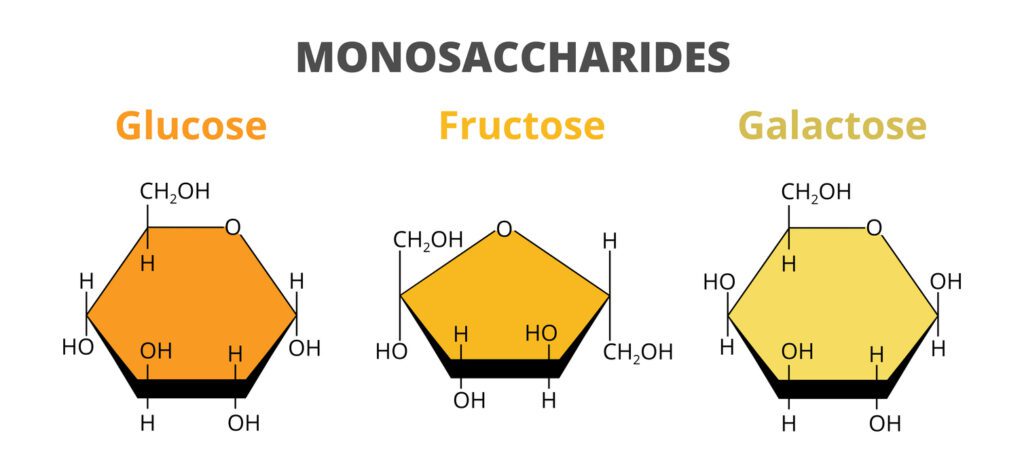
The natural and vital role of carbohydrates (including simple sugars like glucose and fructose) in foods is to provide fuel for our body: they are energetic macronutrients. All nutrients are, by definition, needed for health and are thus non-toxic substances (always under consideration of the rule that the “dose makes the poison”). It is basic biological knowledge that backs up that carbs are essential nutrients. We literally ignore every “basic of biochemistry and biology” book if we say that sugars should be avoided!

Saying that “sugar is toxic” is like saying that fats are toxic or proteins are toxic. Consuming a large amount of isolated fat will get you into health troubles faster than sugar, and isolated amino acids cannot be consumed in large amounts (see example here). However, they all play a vital role in biological systems and are healthy when consumed via natural foods, in particular fruits!

The “sugar is toxic myth” might talk about isolated sugar… and this must be communicated clearly to avoid the misconception of “sweet is generally bad”.
To understand better that sugar is a nutrient that we need in large amounts and is extremely safe even in high amounts, consider this: isolated sweet sugar can be ingested in large amounts without acute toxicity (in contrast to isolated amino acids). Of course, this is not healthy in the long run! But children can go crazy on candy and cake at birthday parties without experiencing toxicity! Interestingly, candy is some sort of “cheap and unhealthy” substitute for fruits, which we naturally crave but, sadly, cannot readily access in colder climates.
2. Sugar provides energy for our metabolism
Sugar is a macronutrient that occurs in large amounts in foods and provides energy. Only when isolated sugars can be consumed in excess and, consequently, add to the building up of fat tissue and get us health problems. However, naturally occurring simple sugars are what primates (including humans) use as preferred fuel (read more here). This is why sweetness is so appealing to us and why we do have evolved taste receptors for sweetness in the first place! Liking sweet sugars serves a function, as we are attracted to the molecules that carry and deliver energy to our cells: Glucose (and fructose) is broken down to the energetic molecule ATP and powers all cellular processes that require energy (read more here on how cells get energy from food).
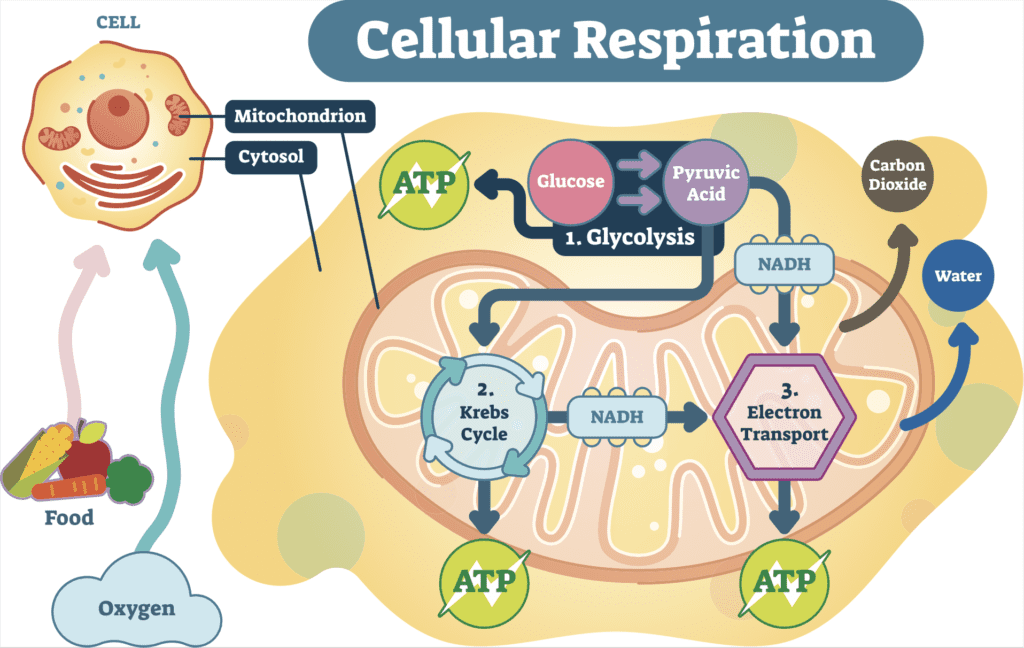
Illustration: In the cell the small energetically loaded molecule “ATP” is produced from glucose, in order to carry that energy to energy-requiring biochemical reactions. Humans are adapted to primarily run on glucose.
3. We are frugivores! Humans are adapted to foods high in simple sugars.
Humans love sweetness for a good reason: we are high fruit-eaters – also called frugivores – similar to chimpanzees, which have around 70% of tropical ripe fruits in their diet! Children instinctively love sweets because sweet fruits are the species-specific food group of humans. Besides the attractions, we do have many adaptations to fruit-eating (see here).
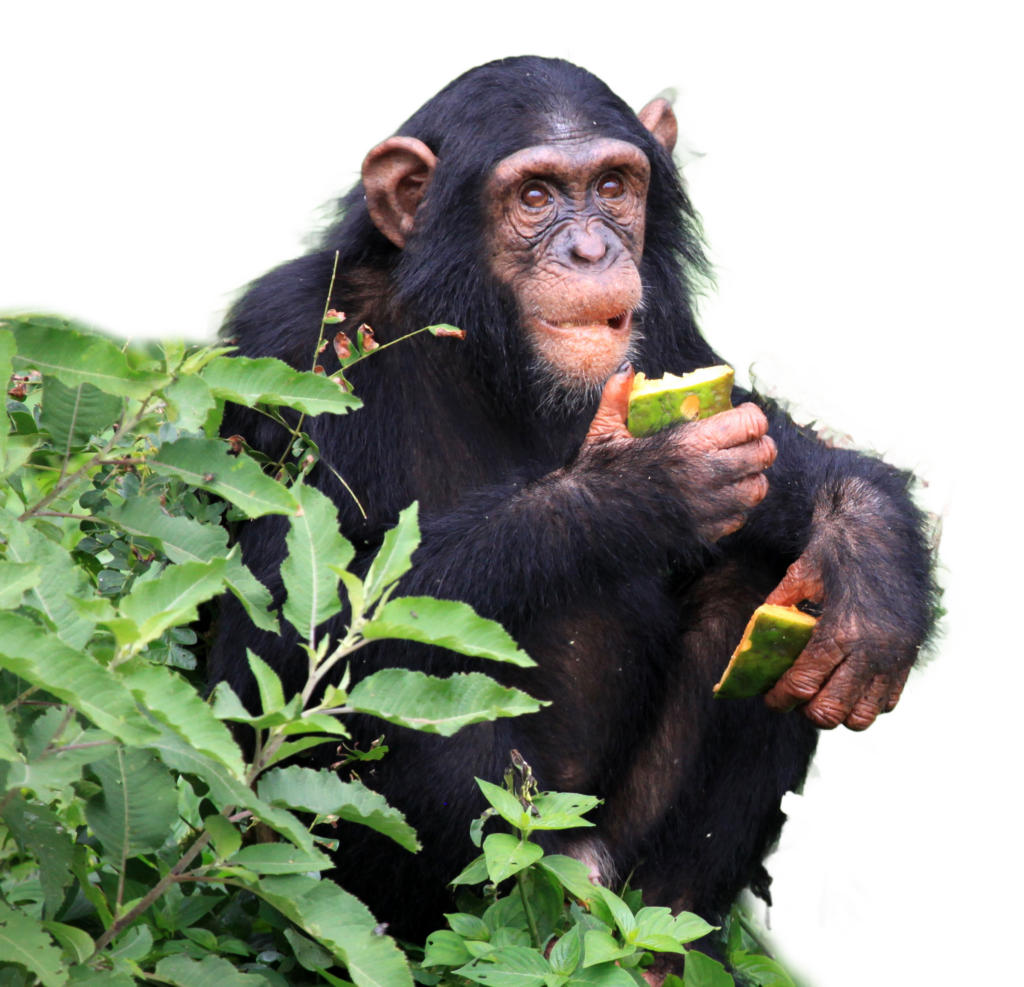
Sweet fruits attract fruit-eating animals (frugivores), including humans and all apes! Simple sugars are their primary source of energy! We have evolved to love sweet taste and are adapted to eat large amounts of sweet fruits – and thus to eat simple, sweet sugars (see here).
Humans have developed sweet taste receptors to identify and like foods rich in simple sugar (energy-rich), mainly fruits, to find their foods and survive! Knowing about our evolutionary past with tropical fruits, it is no surprise that they are so full of nutritional – and even medicinal – benefits that we can call them our true superfoods. Check out the superfruits series to learn more about the benefits of individual fruits.
4. The body needs to produces glucose itself, if we don’t eat it
If we do not take in sufficient glucose, the body itself starts to synthesize glucose from fatty acids or proteins. This is called “gluconeogenesis” and happens when the ketogenic energy metabolism is activated – under the production of the stress hormone cortisol! This newly produced glucose is also used for the brain.
In other words, not having enough sugar from food is a stressful situation for the body. Which is perfectly fine for a short while, i.e., while foraging food in nature, but not long-term.
5. No sugar, no life!
There would be no animal life without sugar! Sugar is thus the basis of life: it is literally sunshine energy stored chemically.
“Sugar” refers to a chemical group of energetic nutrients in natural foods – especially in plants. Plants produce glucose and fructose as energy carriers and energy-storing unit: green plant cells (leaves) collect electromagnetic energy directly from sunlight and – thanks to a complex transformation called photosynthesis – converts it into energy that living cells can use. The glucose and fructose are then stored as starches or transported to the fruits to attract and reward fruit-dispersing animals with sweetness. Thus, sugars provide the energy for all our metabolic processes!
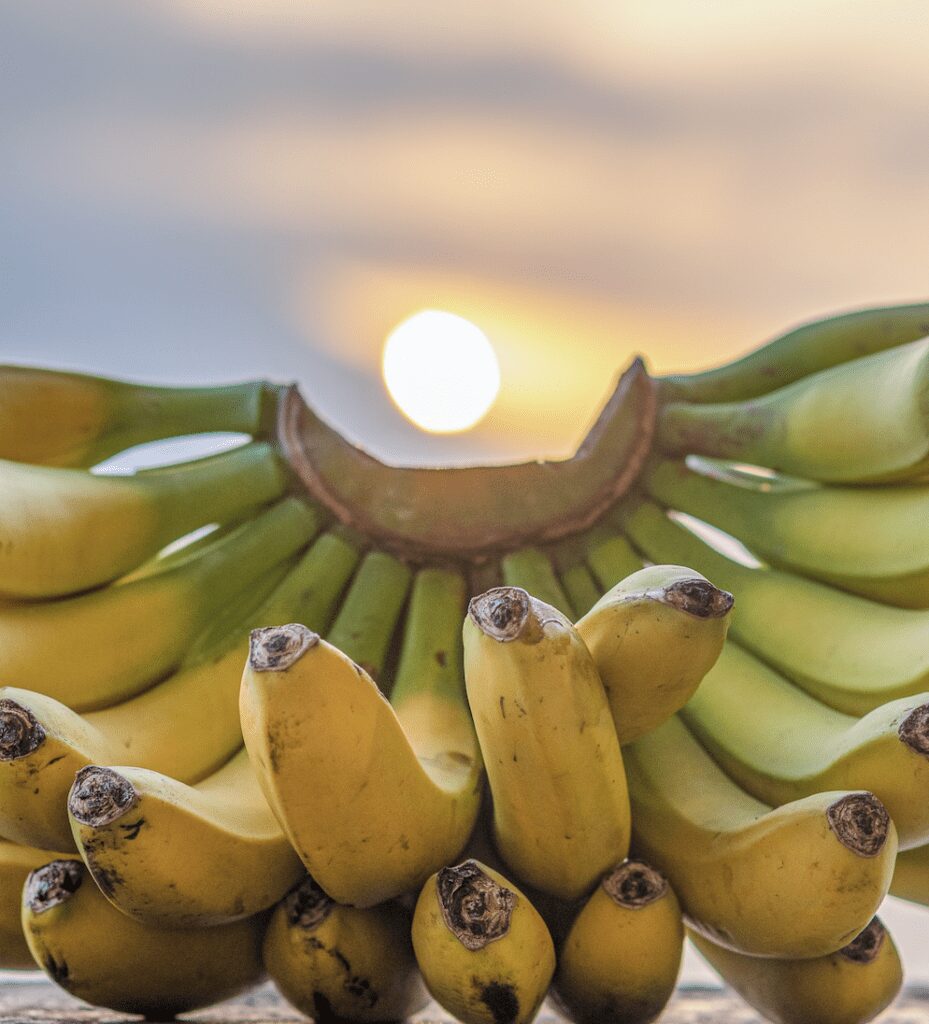
6. Isolated fructose is not like fructose from fruits
Fructose gets a bad reputation because the isolated fructose in high-fructose-corn syrup has been shown to be unhealthy. But this is not only the case for fructose: generally, too much of any isolated chemistry is damaging! Even isolated H2O (water) molecules can be damaging in excess!
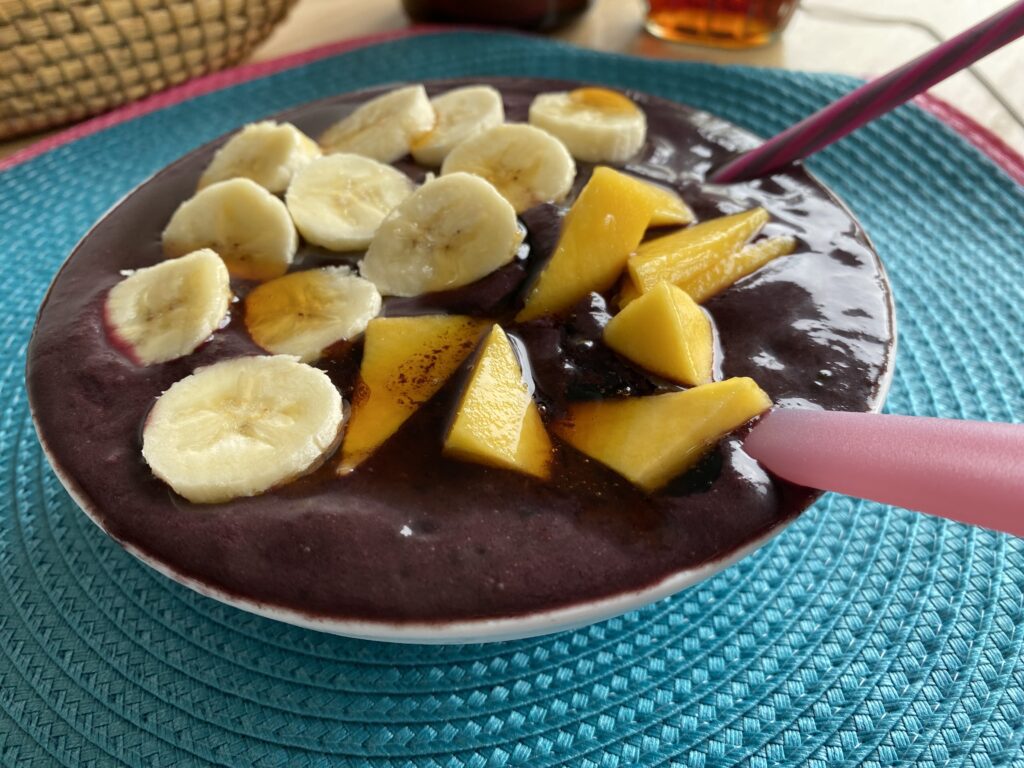
However, fructose within fruits is beneficial for cellular health, which is why there are hardly any studies that show fruits are not beneficial for health! Quiet to the contrary, academic research is rediscovering the ancient knowledge of the rejuvenating and health-promoting effect of fruits.
While isolated fructose is known to drive weight gain, high-fruit diets have a weight-regulating effect:
“Fruit contains large amounts of simple sugars (glucose, fructose, sucrose, etc.), which are well known to induce obesity. Thus…it is reasonable to expect that their consumption should contribute to obesity rather than weight reduction. However, epidemiological research has consistently shown that most types of fruit have anti-obesity effects.”
Sharma et al., 2016
7. We can uptake and metabolize fructose without insulin
Our body can use glucose and fructose for energy supply. Fructose occurs mainly in fruits, and it turns out it is the most accessible sugar for our cells to uptake and thus use for energy.
Humans have a biochemical pathway called fructolysis, where fructose is broken down to gain energy. Fructose is used for energy directly in many types of cells, not only liver cells – as it was previously believed and still stands strong as an outdated remnant of erroneous information!
Further, in contrast to glucose, fructose, the typical sugar type in fruits, can pass into the cells without insulin! Fructose enters through a specific transporter called GLU5, which does not require insulin to “open up” and transports fructose exclusively.
This means, we take up sugar from fruit even better than glucose. And, people with insulin issues, can utilize fructose from fruits without insulin. However, fruits contain both, fructose and glucose.
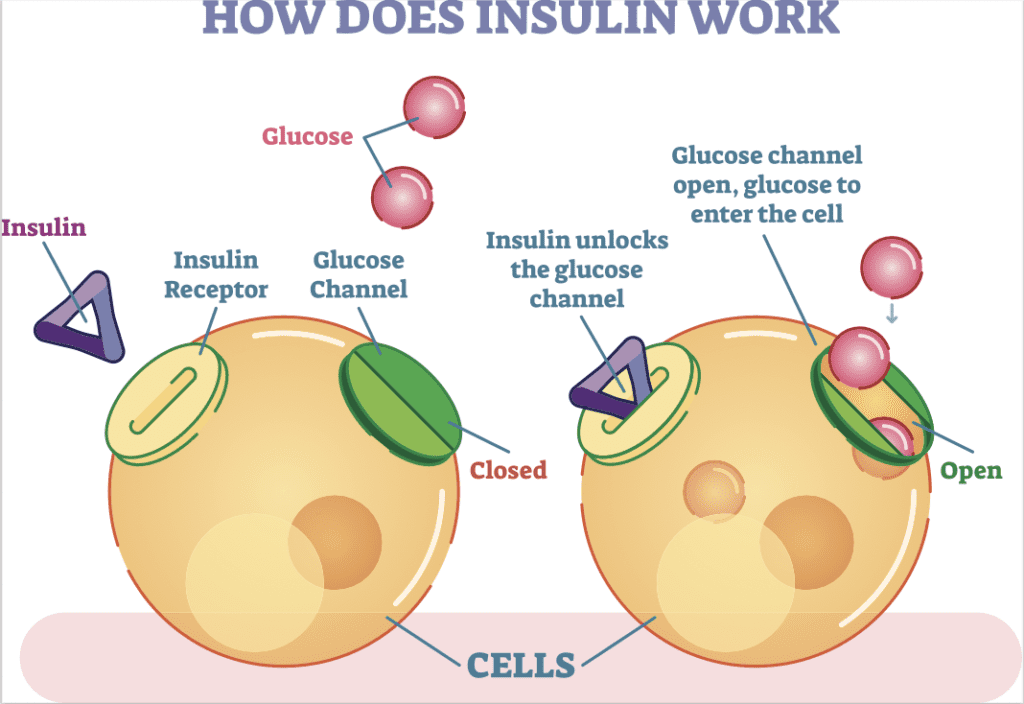
Our cells can take up fructose without the help of insulin: Insulin is a key that is only needed to open the cells to glucose.
8. Do you think starches are toxic, too?
Complex carbs, like starches, are basically the same energy carriers as simple carbs. The only difference is that they are bonded in strings, which is why they do not taste sweet! They are stacked sugar molecules before they are broken into single molecules by our digestion. The carb load, however, is the same! And yet, nobody claims that rice is toxic, like they claim sweet sugars are toxic.

Complex carbs are the plant’s storage form of simple sugars, for example, in roots or unripe fruits. Starches are nothing else than simple sugars bound to each other. While simple sugars, like glucose and fructose, taste sweet to our taste buds, complex carbs, like starches, do not trigger our sweet receptors. Therefore, when we eat complex carbs, we miss out on the sweet taste but still get the same amount of energy!
This means that a handful of rice (complex sugar) contains nearly the same amount of sugar (and calories) as a handful of concentrated sugar (i.e., coconut sugar). Rice is just not sweet, which is why we do not realize the amount of sugars we eat, as complex carbs are split into simple carbs during digestion. And… who would say carbs in rice are “toxic”?
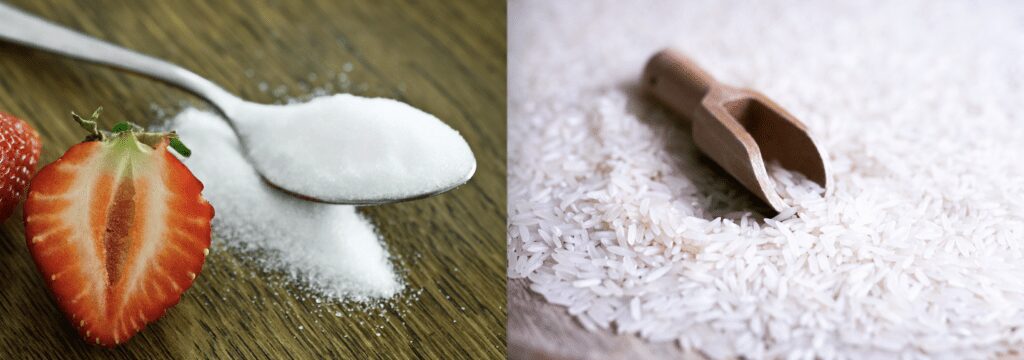

Read also our article: No, fruits do not make you gain weight!
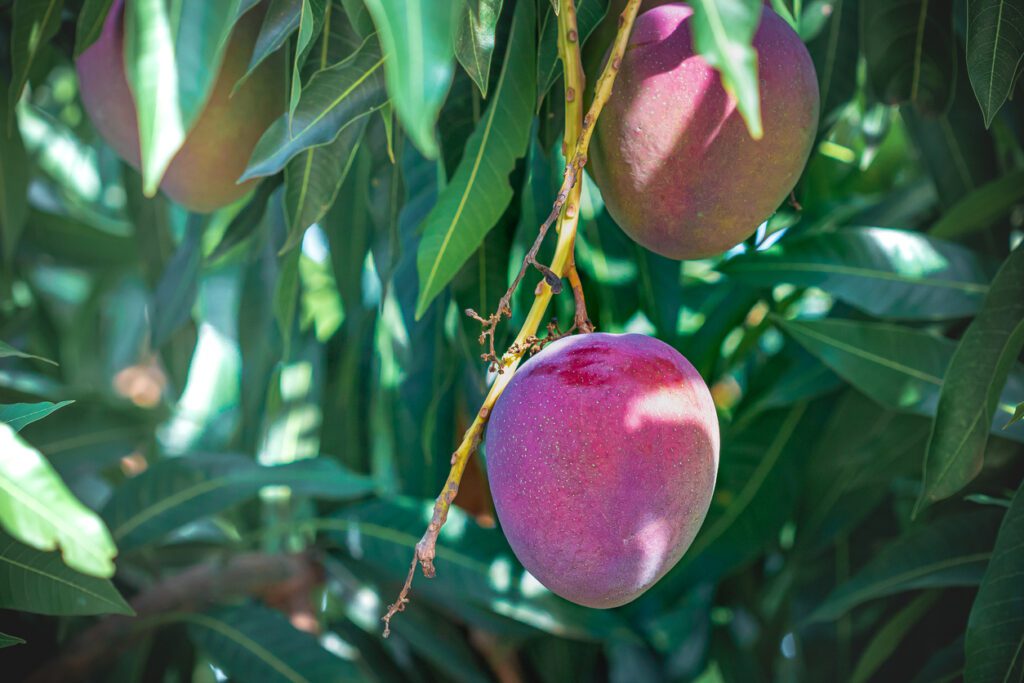
Read also our article: Why Fructose in Fruits is actually healthy!
References
- Hervik, S.E., Hervik, A.K. and Thurston, M. (2021) ‘From science to sensational headline: A critical examination of the “sugar as toxic” narrative’, Food, Culture & Society, 25(3), pp. 505–519. doi:10.1080/15528014.2021.1899527.
- Nutrient. Education (available at https://education.nationalgeographic.org/resource/nutrient/).
- Food supplements – high intake of isolated branched-chain amino acids … (available at https://mobil.bfr.bund.de/cm/349/food-supplements-high-intake-of-isolated-branched-chain-amino-acids-can-lead-to-health-impairments.pdf).
- Racusen, L. C., Whelton A., Solez K., Effects of lysine and other amino acids on kidney structure and function in the rat. The American Journal of Pathology (1985)
- K. Milton, Nutritional characteristics of wild primate foods: Do the diets of our closest living relatives have lessons for us? Nutrition. 15, 488–498 (1999), doi:10.1016/s0899-9007(99)00078-7.
- How cells obtain energy from food – molecular biology of the cell… (available at https://www.ncbi.nlm.nih.gov/books/NBK26882/).
- N. A. Tamrin et al., New insights on the evolution of the sweet taste receptor of primates adapted to harsh environments. Animals. 10, 2359 (2020).
- L. R. Engelking, Gluconeogenesis. Textbook of Veterinary Physiological Chemistry, 225–230 (2015), doi:10.1016/b978-0-12-391909-0.50037-2.
- S. Khani, J. A. Tayek, Cortisol increases gluconeogenesis in humans: Its role in the metabolic syndrome. Clinical Science. 101, 739–747 (2001), doi:10.1042/cs1010739.
- Photosynthesis. Education (available at https://education.nationalgeographic.org/resource/photosynthesis/).
- S. J. Dholariya, J.A. Orrick, Biochemistry, Fructose Metabolism, NCBI Bookshelf (available at https://www.ncbi.nlm.nih.gov/books/NBK576428/).
- Sharma, S. et al. (2016) ‘Paradoxical effects of fruit on obesity’, Nutrients, 8(10), p. 633. doi:10.3390/nu8100633.
- V. Douard, R. P. Ferraris, Regulation of the fructose transporter GLUT5 in health and disease. American Journal of Physiology-Endocrinology and Metabolism. 295 (2008), doi:10.1152/ajpendo.90245.2008.

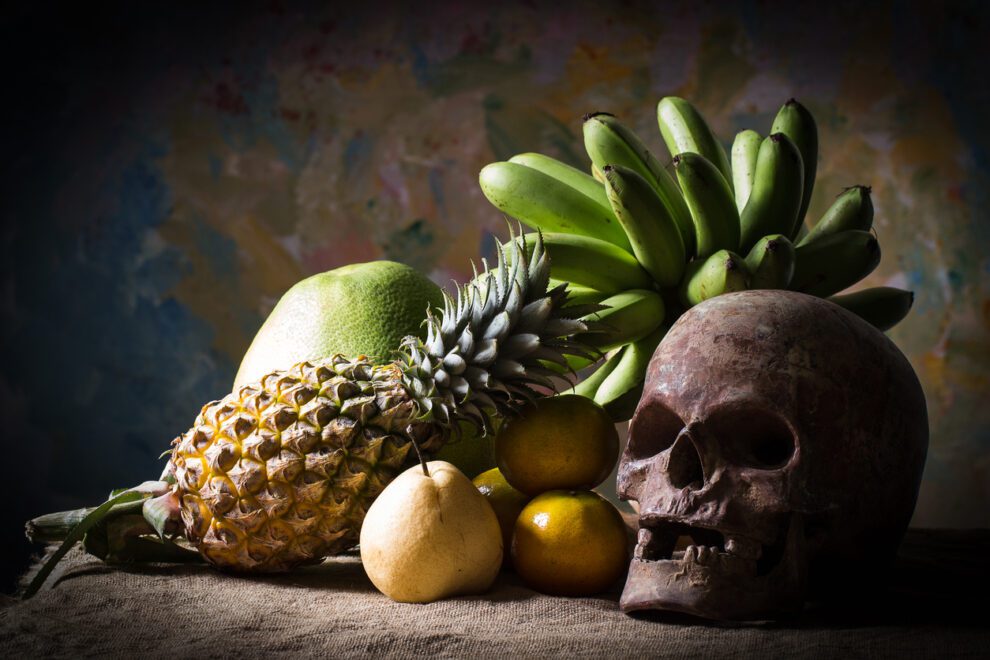
Add Comment